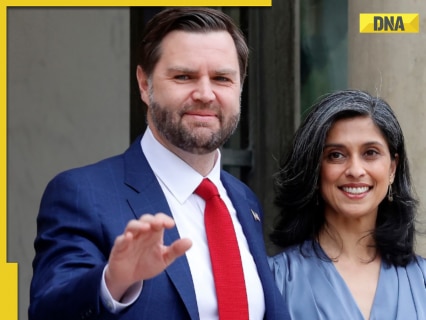Dr Zahra Ali is a junior doctor working in the NHS writing under a pseudonym - she has a passion for healthcare and journalism. NHS England (NHSE) is being abolished. According to Keir Starmer, this move will help to ‘cut bureaucracy’, a move which aligns with the government's strategy to cut civil service costs by 15 per cent.
The basis of the Labour government's approach is the Lord Darzi review into the NHS, which highlighted that the health service was being crippled by layers of bureaucracy with no clear accountability. In a time where the NHS is already a contentious subject, talks of scrapping NHSE have sparked an uproar. Formed in 2013 under the Conservative-Liberal Democrat coalition, NHSE evolved from the earlier NHS Commissioning Board.

The role of NHSE is to work in tandem with the NHS without the intercession of the government. NHSE is integral to the current allocation of funding to integrated care boards and hospital trusts to provide their services. They are also responsible for negotiating the prices of medications and clinical services delivered by the NHS.
Sharing best practice and launching national campaigns such as vaccination and screening programmes is yet another way in which the NHSE helps to deliver care through the NHS. So, when NHSE is such an integral body in the functioning of the NHS, why has the government chosen to make such a high-stakes move? It is estimated that this move is set to mobilise around £500 million. The current health minister, Wes Streeting, claims he will ‘put every penny of that back into frontline services’.
The reconfiguration of the NHS appears to be the action we have been waiting for; however, whether it delivers the outcome we have been waiting for depends on the implications it will have on patients and doctors. Arguably, removing bureaucracy and duplication within the NHS will lead to money which can be utilised to combat long waiting times and allow better access to services. Ultimately, it is decisive action that will save the NHS and whether our health minister can turn rhetoric into reality remains to be seen.
.
Health

'What does NHS England's end mean for the future of healthcare?'

Dr Zahra Ali is a junior doctor working in the NHS writing under a pseudonym - she has a passion for healthcare and journalism.














